STDs (Sexually Transmitted Diseases)
Chancroid 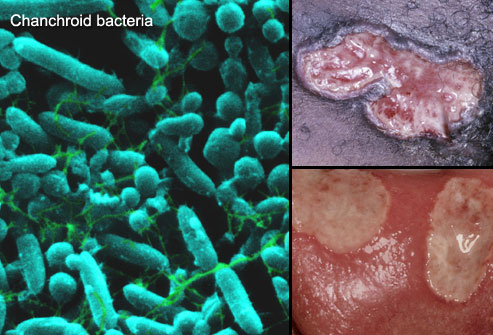 |
Chlamydia  |
Crabs (Pubic Lice) .jpg) |
Genital Warts (HPV) .jpg) |
Gonorrhea 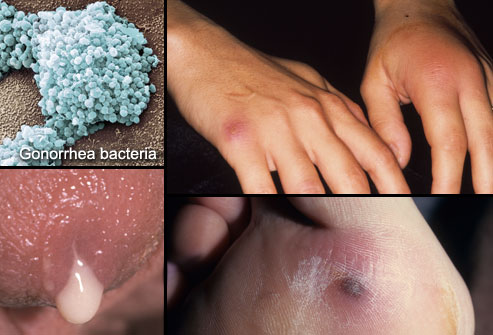 |
Hepatitis B  |
Herpes Simplex Virus Type 1 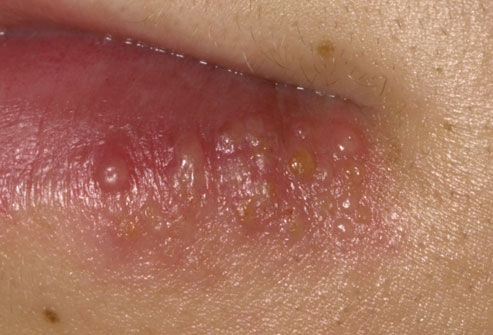 |
Herpes Simplex Virus Type 2  |
LGV (Lymphogranuloma Venereum) .jpg) |
Pelvic Inflammatory Disease 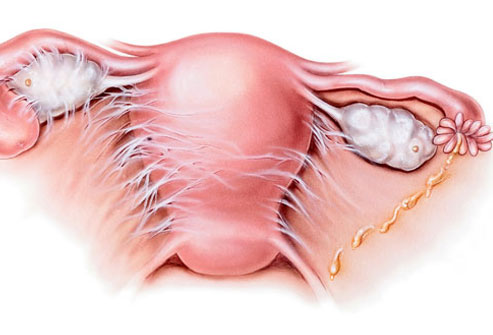 |
Scabies 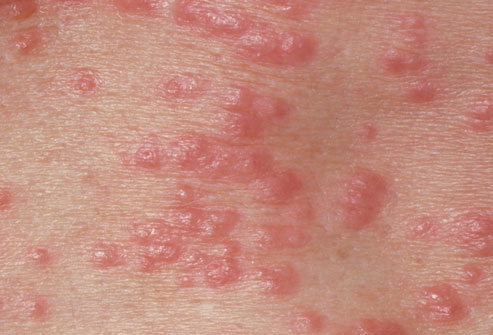 |
Syphilis 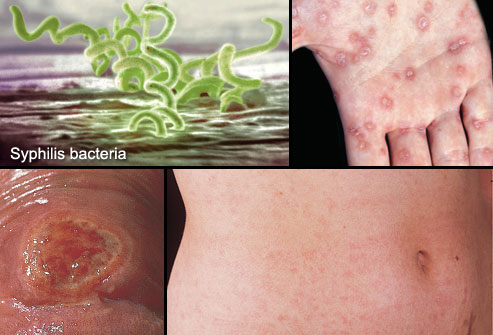 |
Trichomoniasis 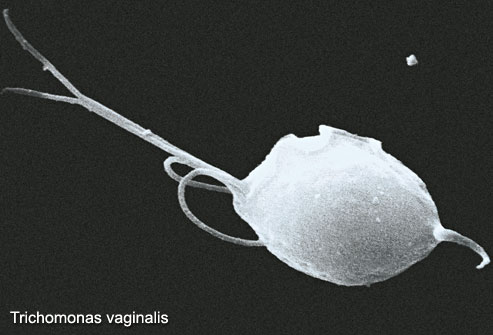 |
|
What are sexually transmitted diseases (STDs)?
Chlamydia Chancroid Ectoparasitic Infections Genital herpes Gonorrhea Hepatitis B Hepatitis C Human papilloma virus/Genital warts Syphilis How Can I Protect Myself From STDs? Here are some basic steps that you can take to protect yourself from STDs: ēConsider that not having sex or sexual relations (abstinence) is the only sure way to prevent STDs. ēUse a latex condom every time you have sex. (If you use a lubricant, make sure it is water-based.) ēLimit your number of sexual partners. The more partners you have, the more likely you are to catch an STD. ēPractice monogamy. This means having sex with only one person. That person must also have sex with only you to reduce your risk. ēChoose your sex partners with care. Don't have sex with someone whom you suspect may have an STD. And keep in mind that you can't always tell by looking if your partner has an STD. ēGet checked for STDs. Don't risk giving the infection to someone else. ēDon't use alcohol or drugs before you have sex. You may be less likely to use a condom if you are drunk or high. ēKnow the signs and symptoms of STDs. Look for them in yourself and your sex partners. ēLearn about STDs. The more you know, the better you can protect yourself. What is an STD? STD stands for Sexually Transmitted Disease, which is a disease that is spread through sexual behavior like vaginal intercourseWhen a man's penis enters a woman's vagina, oral sexUsing the mouth and tongue to touch another person's genitals, anal sexwhen the penis of one partner enters the anus of another or sometimes intimate skin-to-skin contact. How do I know if I have an STD? There is no way to know for sure without being tested. Many STDs donít have obvious symptoms. If you are sexually activeHaving sex with someone else. This includes vaginal intercourse, anal and oral sex. When doctors or nurses ask this question, they are really asking if you've done anything since your last check up that might have exposed you to an STD or pregnancy., STD tests should be part of your regular check-up. But, if you have any concerns at all that you may have been exposed to an STD, see a doctor and ask to be tested. What are the symptoms of STDs? Many STDs may have no symptoms at all or the signs are so mild that you may not notice. However, if you have any of the symptoms described below, you should seek care right away because they may be signs that you have an STD. None DischargeUnusual fluid that may be white or yellow that comes out of the vagina or penis (not semen). from the penis or vagina An unexplained rash A burning sensation when urinatingPeeing, going to the bathroom. Bumps, sores, blisters, or warts on the genital areain women this includes the outer and inner lips, vagina and clitoris. In men this includes the penis and testicles. Is there a cure for STDs? Some STDs are curable while others have no cure and if you get one of those, it may stay with you for the rest of your life. How many people have STDs? The easiest answer is about 1 in 4 young adults have an STD. It could be even more because many people who are infected donít realize it. I have an STD. Did my partner cheat on me? Not necessarily. Many STDs can stay hidden with no symptoms for years. So, while your partner may have given it to you, he or she may have had it before they were with you. The most important thing is for both of you to get tested and treated at the same time so you donít re-infect each other. How can I avoid getting an STD? There are many things you can do to reduce your chances of getting an STD. Be faithful. Have sex with only one other person whom you trust. Sexual fidelityThis means being loyal to just one partner. Not having any kind of sex with anyone else. with someone who is not infected means that you wonít get an STD from them and they wonít get one from you. Use condoms. Used correctly every time you have sex, latex or polyurethane condoms can be very good protection against many STDs. Have fewer partners. The more people you have sex with, the greater your chances of getting an STD. Go with new partners to get tested. Donít mix drugs and alcohol with sex. Getting drunk or high can affect your ability to make smart decisions about sex. Donít use IV street drugs and never share needles. Many STDs are transmitted through blood. Donít have sex. AbstinenceNot having sex of any kind. is the surest way to avoid getting an STD. Can I get an STD from oral sex? Yes. A common misconception is that you cannot get an STD from giving or receiving oral sex. This is not true. Gonorrhea and herpes are commonly transmitted through oral sex. Can I get an STD if Iím a virgin? It really depends on how you define being a virgin. As mentioned before, STDs can be transmitted through oral and anal sex, but many people believe that if they havenít had vaginal intercourse they are still a virgin. Some STDs can be transmitted through intimate skin-to-skin contact even when there isnít any penetration. Are condoms effective against all STDs? Not 100%, but if used correctly every time, condoms are a great way to protect yourself from STDs that are spread through body fluids, like semen or vaginal secretions. They donít protect as well against STDs that are spread through skin-to-skin contact. Can I get an STD even though my partner has no symptoms? Yes, many people who are infected have no symptoms but are still very contagiousHaving a disease that can spread to someone else. Are cold sores really herpes? Yes, cold sores on your mouth are a symptom of the Herpes Simplex Virus-1 and can be transmitted to the genitals as well as the mouth. Can I get an STD from kissing? It is possible to get Herpes through kissing, but with most STDs, the chances are pretty slim. Should I get tested for an STD? Anyone who has had vaginal, anal or oral sex with a new partner should be tested. Everyone who is sexually active should be tested during regular check-ups. Pregnant women should be tested. Find a clinic to get tested on our Getting Tested webpage. Can I get an STD more than once? Yes. You can get bacterial infections such chlamydia, gonorrhea and syphilis more than once, even if youíve been treated before. Thatís why itís so important to make sure your partners are tested and treated. Can I get an STD from a public toilet? Itís very unlikely. There is no evidence STDs can be transmitted by contact with public toilets. |
